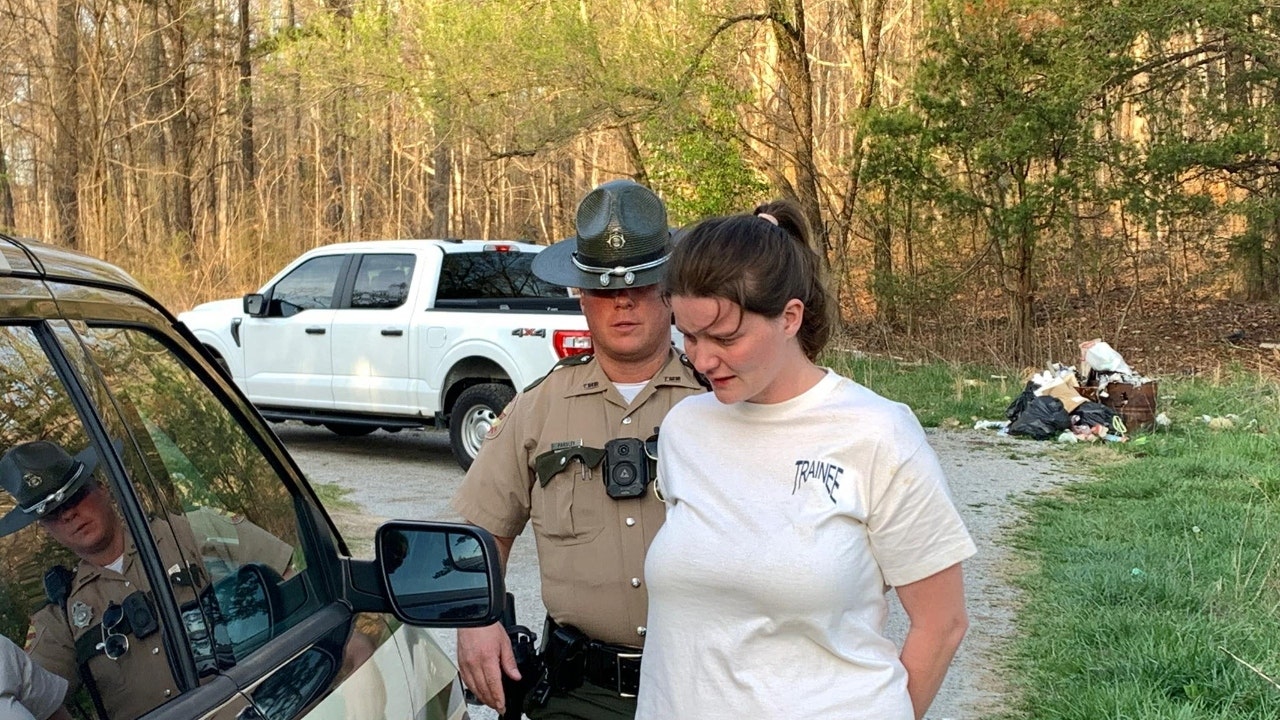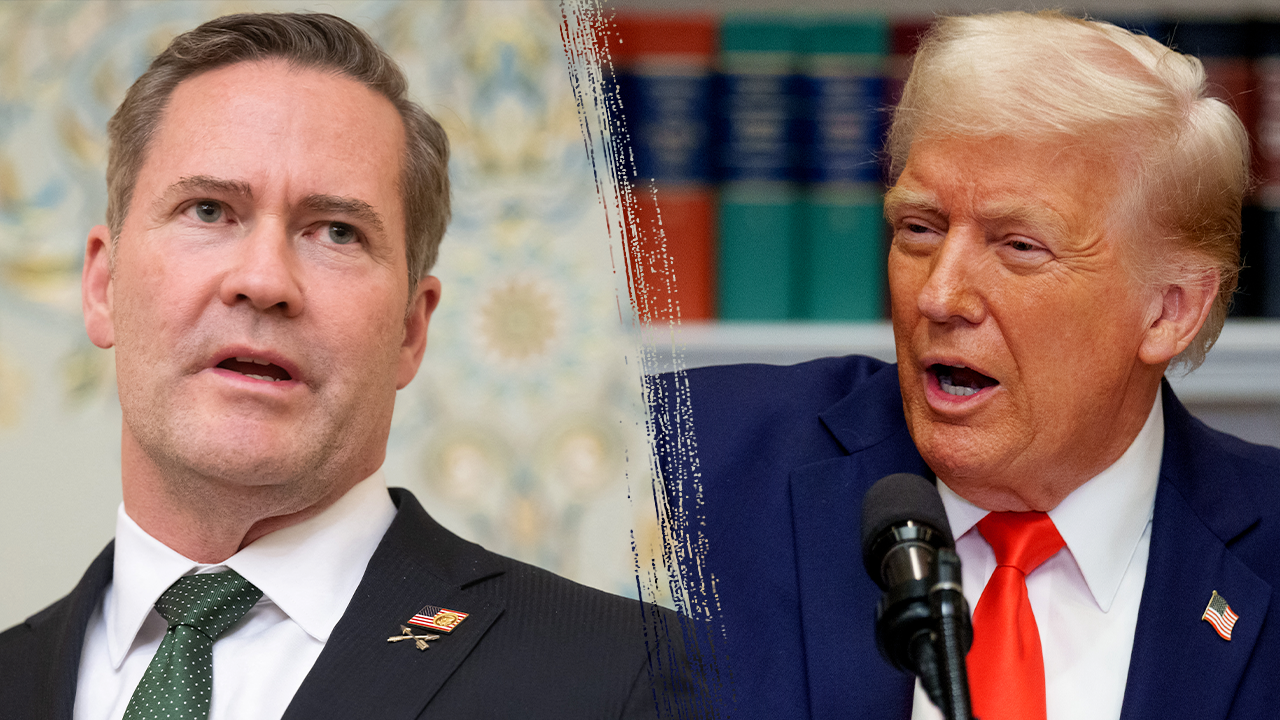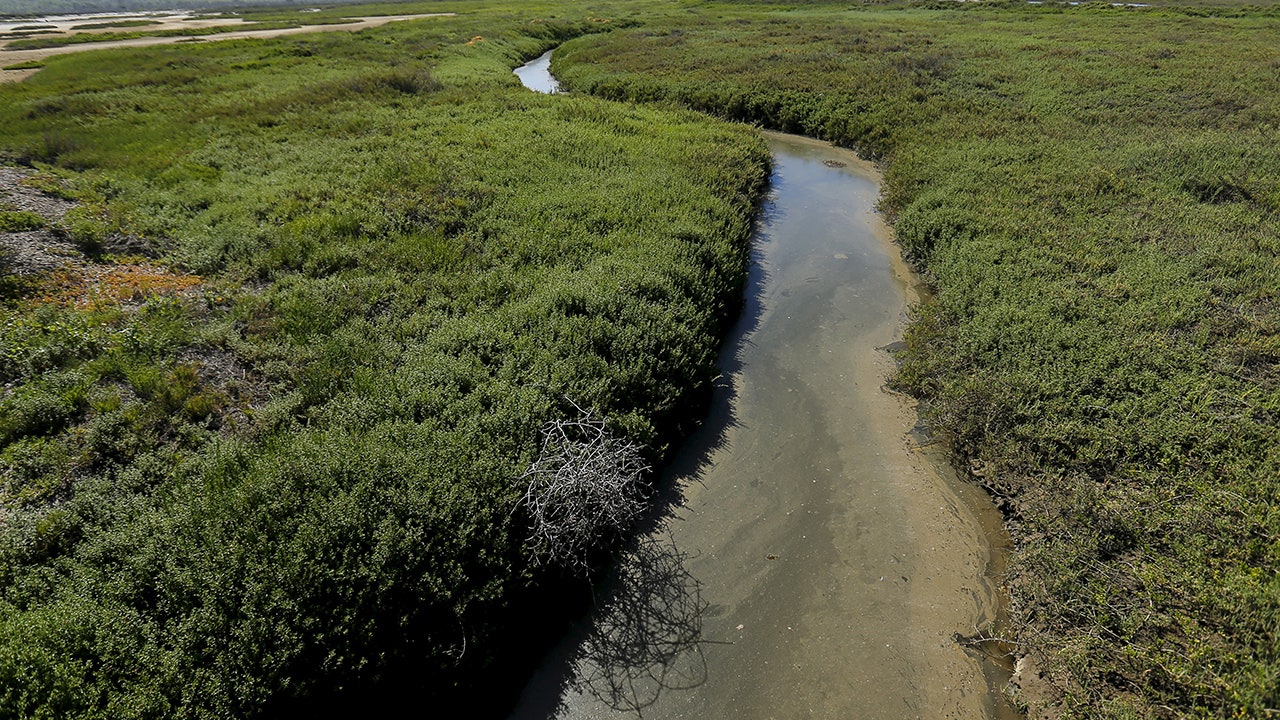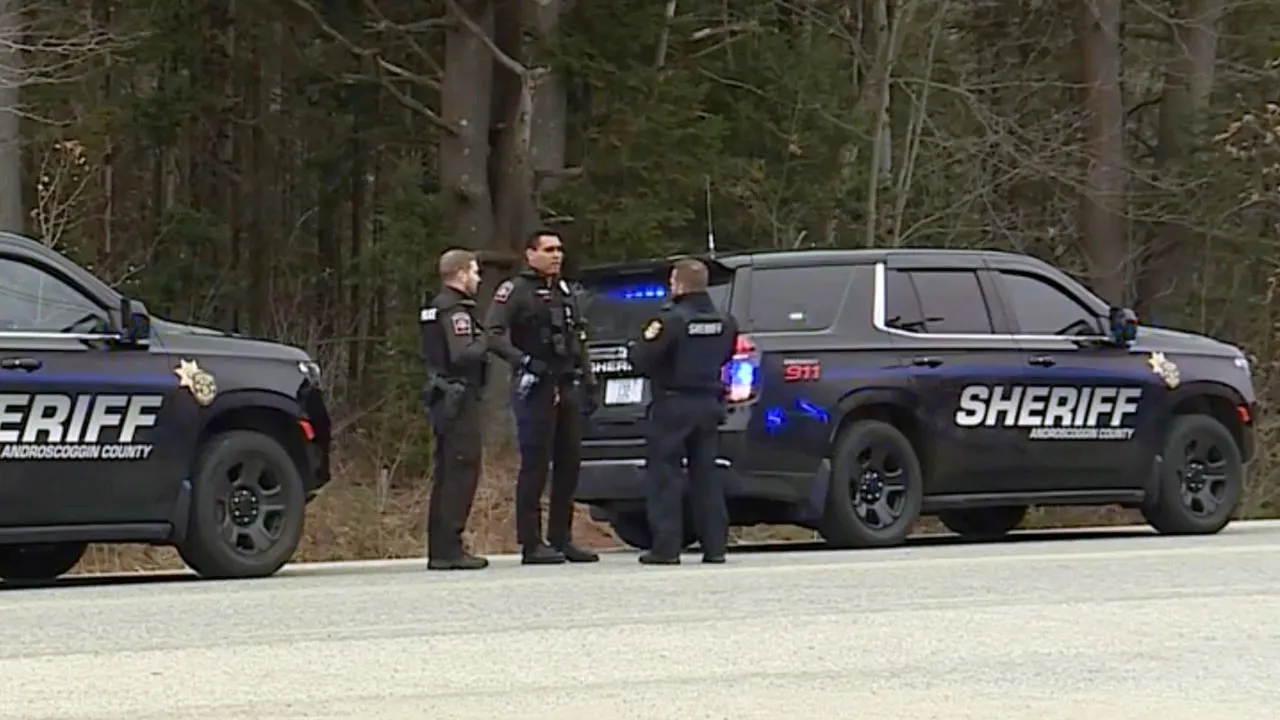What is the Department of Homeland Security going to do without its coloring books?
Senate DOGE Caucus chair Joni Ernst (R-Iowa) has re-upped legislation to cut roughly $2 billion in taxpayer money spent on swag to promote federal agencies.
Expenditures in Ernst’s crosshairs went toward agency mascots, fidget spinners, coloring books, koozies, comic books, and other items the Iowan’s team has called “purely propaganda.”
Ernst’s Stop Wasteful Advertising by the Government (SWAG) Act is inspired by a RebuildLocalNews study that estimated discretionary advertising spending within federal agencies jumped to $1.8 billion in fiscal year 2023, more than double the $778.5 million that had been spent in fiscal year 2018.
“You might mistake Washington for a very expensive kid’s birthday party, with federal employees playing dress up, appearing as mascots, and making coloring books,” Ernst, 54, said in a statement first reported by the Daily Mail.
“I am going to crash the party and bag this costly swag. Misbehaving bureaucrats need to stop wasting tax dollars trying to refurbish their bad reputation, and focus on serving the American people.”
Ernst’s legislation, similar to a bill she introduced six years ago, restricts funding for “government propaganda” such as gift items and certain ad campaigns unless authorized by law. The bill features carveouts for the military, which spent about $640 million of the $1.8 billion on efforts to bolster recruitment.
In renewing her push for the SWAG Act, Ernst has flagged some of the zany spending that various agencies have engaged in over recent years.
Among them: “Vin Vasive,” a mutant bug that a Department of Agriculture subagency has used to alert the public to the scourge of pests, vines, and other invasive critters.
In a video from 2023, Vin Vasive sarcastically told the public about ways they can sneak invasive species into national parks and maneuver around inspectors.
It’s not clear how much “Vin Vasive” costs the taxpayers.
Another government mascot — “Champa Boom” — for the Defense Department’s MacDill Air Force Base in Tampa, Fla., reportedly cost $9,000. Champa Boom is intended to boost recruitment.
Other agency mascots include the Yuma sector of US Customs and Border Protection’s German shepherd “Tracker”; the National Oceanic and Atmospheric Administration’s Owlie Skywarn and Sanctuary Sam, a cartoon owl and sea lion that promote environmental protection and readiness for severe weather; and the Federal Emergency Management Agency’s Rex the Ready Lion.
Mascots that are approved by Congress — such as the US Forest Service’s Woodsy Owl and Smokey the Bear — would not be affected by Ernst’s legislation.
The Republican’s team also highlighted comic book series rolled out by various government entities.
This includes the Centers for Disease Control and Prevention’s “Operation Outbreak,” which is intended to give students exercises to “identify the pathogen’s index case” and the “potential animal host.”
“No word on when Operation Lab Leak will be released,” Ernst’s team jabbed in a brief report on government swag expenses.
Another graphic novel under the gun is the Cybersecurity and Infrastructure Security Agency’s “Real Fake” and “Resilience Series,” which are intended to inform the public about misinformation.
Then there are government coloring books like DHS’ “Jobs We Do,” in which children can color in workers performing various gigs at the department.
“This resource was created for the children of Department of Homeland Security (DHS) personnel to highlight the work their parents and loved ones perform each day to protect the United States,” a DHS spokesperson previously explained to the Washington Free Beacon.
The Interior Department’s Bureau of Land Management also has a coloring book for its mascot, which features bats and caves.
Other swag that could go bye-bye includes items like blankets, buttons, cups, hats, tote bags, trading cards, stress balls, stuffed animals, jar openers and more.
Ernst’s DOGE Caucus plans to work with billionaire Elon Musk’s Department of Government Efficiency in rooting out waste and bloat across the government.
The Hawkeye State Republican has already introduced a number of bills and reports to highlight some potential areas for trimming.
One report from her office that was released last year concluded that a meager 6% of the federal workforce “report in-person on a full-time basis.”
President Trump has since signed an executive order directing agencies to return to in-person work five days per week.
Read the full article here














